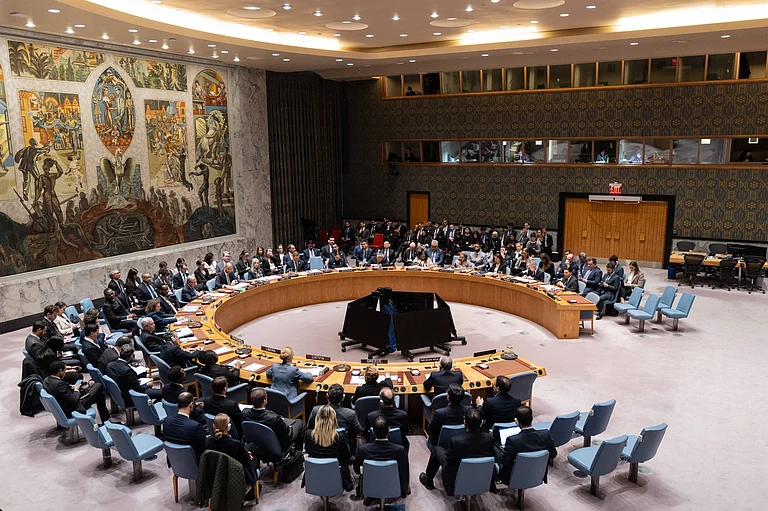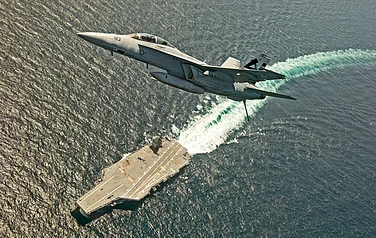Storm Daniel unleashed its fury on the northeastern region of Libya. The calamity has claimed the lives of around 5,000 individuals, while an agonizing 10,000 more remain unaccounted for in the aftermath of torrential rains that led to the collapse of two dams, exacerbating the inundation of already waterlogged areas.
Tamer Ramadan, the head of the delegation for the International Federation of Red Cross and Red Crescent Societies in Libya, shared these grim figures during a briefing in Geneva, Switzerland, emphasizing the sheer scale of the disaster. "The death toll is staggering," she somberly stated.
The city of Derna, nestled in the east of the country and hit hardest by the catastrophe, is grappling with an unprecedented crisis. Reports suggest that up to 6,000 residents are missing in Derna alone, as confirmed by Othman Abduljalil, the health minister in Libya's eastern administration. This tragedy was set in motion by relentless rainfall associated with an exceptionally potent low-pressure system, which previously wrought havoc in Greece before traversing the Mediterranean and evolving into a tropical-like cyclone known as a medicane.
However, amidst this dire situation, concerns loom that relief efforts may be hindered by the longstanding political schisms that have plagued Libya for the past decade. The nation finds itself ensnared in a protracted power struggle between two rival administrations.
On one front is the United Nations-backed Government of National Unity (GNU), under the leadership of Abdulhamid Dbeibeh, firmly situated in Tripoli in northwestern Libya. In stark contrast, the eastern region is under the sway of Commander Khalifa Haftar and his Libyan National Army (LNA), lending their support to the parliament based in the east, presided over by Osama Hamad.
Derna, the epicenter of this catastrophe, falls within the sphere of influence of Haftar and his eastern administration, further complicating relief efforts in the face of this disaster.
The calamitous situation in Libya serves as a poignant reminder of how vulnerable nations are to the unpredictable forces of nature while underscoring the pressing need for international cooperation in times of crisis. The immense loss of life and the vast scale of devastation underscore the urgency of immediate relief efforts, with communities rallying to support those affected and governments collaborating to surmount political divisions that can impede response and recovery endeavors.
As the nation mourns its losses and searches for its missing, the global community watches closely, hoping for a united and effective response to the tragedy that has befallen Libya's northeastern region.


























